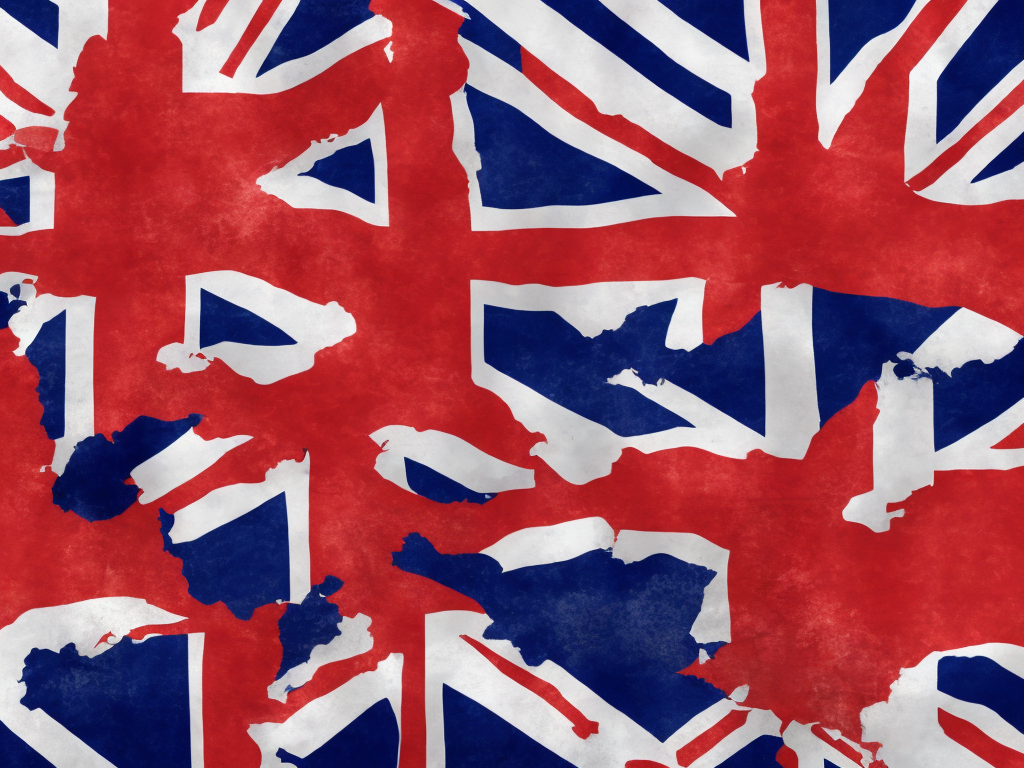
The United Kingdom and Great Britain are often used interchangeably, but they actually refer to different things. Although both terms refer to regions within the British Isles, they have different political and geographic meanings. Understanding the difference between the two terms can help clear up some confusion around these often-used phrases.
The United Kingdom (UK) is a sovereign state that includes England, Scotland, Wales, and Northern Ireland. It is a constitutional monarchy, which means its head of state is a monarch (currently Queen Elizabeth II) but its laws are passed by a democratically-elected parliament. The UK was formed through a series of historic events, including the Acts of Union in 1707 (which united England and Scotland) and the Good Friday Agreement in 1998 (which gave Northern Ireland greater political autonomy).
Great Britain, on the other hand, refers to the largest island within the British Isles. It is made up of England, Scotland, and Wales. Although Northern Ireland is also part of the British Isles, it is not part of Great Britain because it is located on a separate island (Ireland).
The confusion around these terms often stems from the fact that the UK is often referred to as "Great Britain" or "Britain" for short. This is partly because England (which is the largest region within the UK) has historically been the dominant political and cultural force within the realm. However, it is important to remember that Great Britain refers only to the physical island that includes England, Scotland, and Wales, while the UK includes Northern Ireland as well.
Another way to think about the difference is to consider the official names of each country within the UK. England's official name is "England," Scotland's official name is "Scotland," Wales' official name is "Wales," and Northern Ireland's official name is "Northern Ireland." Together, these four regions make up the United Kingdom.
An important point to note is that each region within the UK has its own distinct identity and culture. While they share many similarities, they also have their own unique histories, customs, and traditions. For example, Scotland has a long history of independence movements and is home to its own language (Gaelic). Wales has a distinctive Celtic culture and its own language (Welsh), which is still spoken by a significant portion of the population. England is the largest region and has both a diverse urban culture and a rural agricultural tradition. Northern Ireland has its own distinct political and social issues, including the ongoing conflict between nationalists (who want Northern Ireland to join the Republic of Ireland) and unionists (who want Northern Ireland to remain part of the UK).
In terms of politics, the UK is a constitutional monarchy with a parliamentary democracy. This means that the monarch (currently Queen Elizabeth II) is the head of state but does not have any real political power. The government is run by an elected parliament, which is composed of the House of Commons (elected representatives from throughout the UK) and the House of Lords (appointed members who serve in a mostly advisory role). The political system in the UK is often compared to the system in the United States, which also has a democratic government but is a federal republic rather than a constitutional monarchy.
One of the most significant political events in recent UK history was the Brexit referendum, which took place in 2016. This referendum asked British citizens whether they wanted to remain in the European Union (EU) or leave it. The vote was narrowly in favor of leaving the EU (52% vs. 48%). This decision has had far-reaching consequences for the UK and its relationship with the rest of Europe, including economic impacts and changes to immigration policies.
In conclusion, although the terms "United Kingdom" and "Great Britain" are often used interchangeably, they actually refer to different concepts. The United Kingdom is a sovereign state made up of England, Scotland, Wales, and Northern Ireland, while Great Britain is the largest island within the British Isles and includes only England, Scotland, and Wales. Understanding the difference between these terms can help clarify discussions around UK politics, history, and culture. Regardless of the terminology used, it's clear that each region within the UK has its own unique identity and story to tell.
 Self-Instruct
Self-Instruct